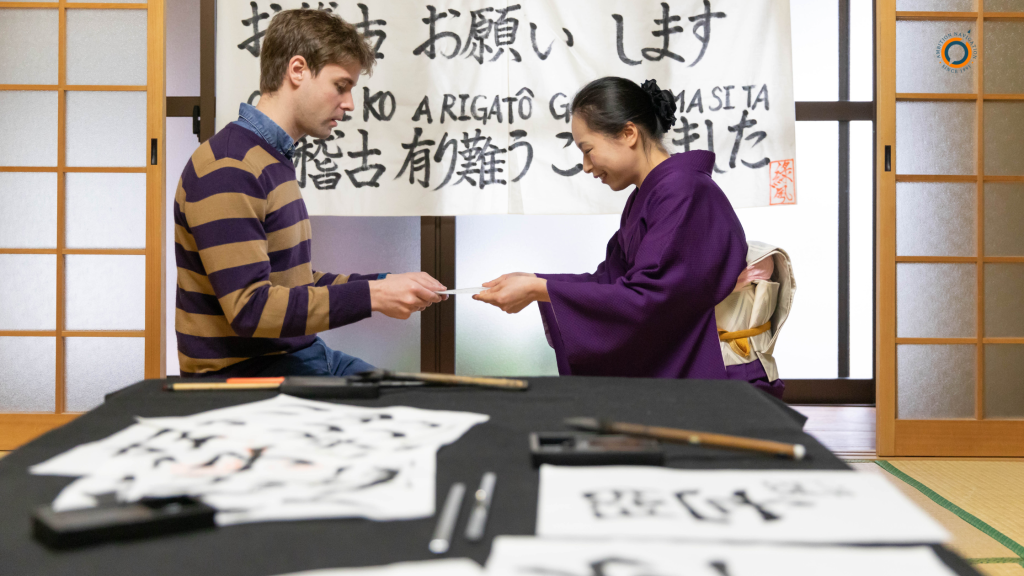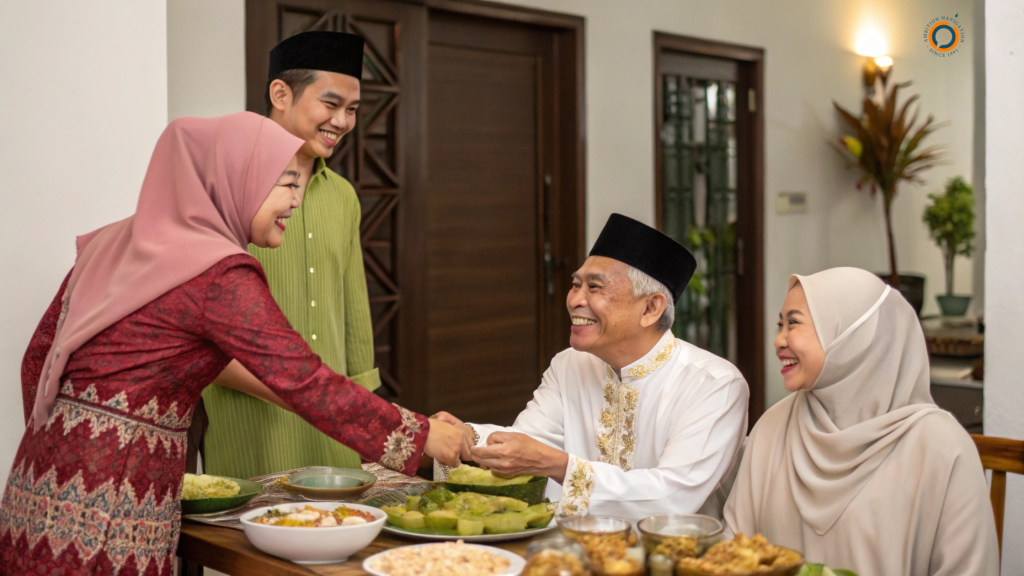No matter how many cities we live in or how much we grow, there are always tiny pieces of our culture that travel with us. They are not just the big traditions or the holidays we prepare for, but the small, almost invisible rituals stitched into our daily lives.

These are the habits we pack without realising.
The gestures we repeat automatically.
The quiet parts of us that whisper home even when we are far away.
And in a world that moves fast, these little cultural traces remind us where we come from, and how deeply our past shapes our present.
Culture rarely announces itself. Often, it appears in the smallest, softest ways: the way you instinctively take your shoes off at the door, the way you bring food when visiting someone, or the way you speak more gently around elders. They don’t feel cultural, they just feel naturally like “how we do things.” But these habits are inherited. They are fingerprints of childhood, family, migration, and memories.
Research even shows that holding onto small cultural rituals can help us feel more grounded abroad, with higher cultural intelligence (CQ) strongly linked to better adaptation and emotional well-being when living in another country. (Springer)
In other words, the tiny things matter. Often more than we think.
Here are ten of those quiet cultural habits many of us carry everywhere, the ones that shape our days, our interactions, and the way we experience the world.
1. Taking Our Shoes Off at the Door
A simple sign of respect in Asia, Scandinavia, the Middle East, and parts of Europe.
A habit that instantly transforms a place from “outside” to “home.”
2. Offering Food the Moment Someone Arrives
Tea, fruit, biscuits, snacks, hospitality expressed through nourishment.
For many cultures (typically Turkish, Greek and Vietnamese), food shows care.
3. Asking “Have You Eaten Yet?” Instead of “How Are You?”
A tender, practical way of checking on someone.
A cultural love language in many Asian countries.
4. Saving the Best Piece for Someone Else
Quiet generosity rooted in collectivist cultures.
Love is shown through the small sacrifices.
5. Cleaning the Home Before Important Days
From Lunar New Year to Jewish holidays to Japanese traditions, a global ritual for welcoming new beginnings.
6. Bringing Gifts When Visiting Someone’s Home
Fruit, sweets, bread, wine.
A universal gesture of gratitude and politeness.
7. Carrying Snacks “Just in Case”
The ultimate expression of cultural preparedness.
A habit passed down by aunties, grandmothers, and anyone raised around care.
8. Speaking Softly Around Elders

Respect that transcends borders, through tone, posture, politeness, and choice of words.
9. Holding On to Little Superstitions
Lucky colours, lucky numbers, turning a ring for good luck, avoiding certain dates, inheritance in its quietest form.
10. Turning to Comfort Foods When We’re Homesick
Warm soup. Rice. Childhood snacks.
These taste as an emotional anchor, a way for the heart to find home again.
Research on “travelling habitus” (2021) even shows that when people move abroad, they keep these small daily habits for years, a subtle but powerful reminder that identity travels with us.
These little behaviours might seem ordinary, but they are anything but. They carry stories, generations, and meaning. They remind us that culture isn’t something displayed only on holidays or in traditional clothes; it lives quietly in our everyday choices.
In the end, these are the threads that tie us to our roots, to our families, and to every version of ourselves. They follow us gently, lovingly, effortlessly. And they make multicultural living, multicultural friendships, workplaces, and cities, so beautifully human, especially in a nowadays world that is so much into digital.
Wherever we go, we bring a piece of our world with us.
And that is something worth cherishing.












